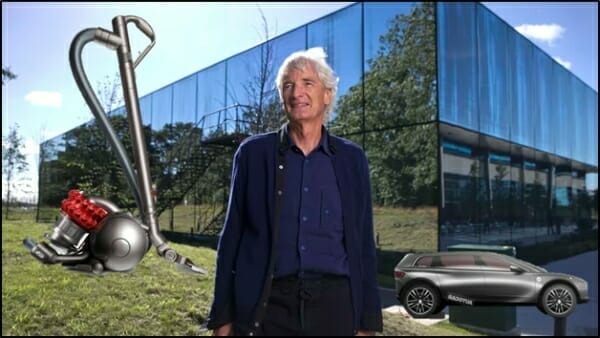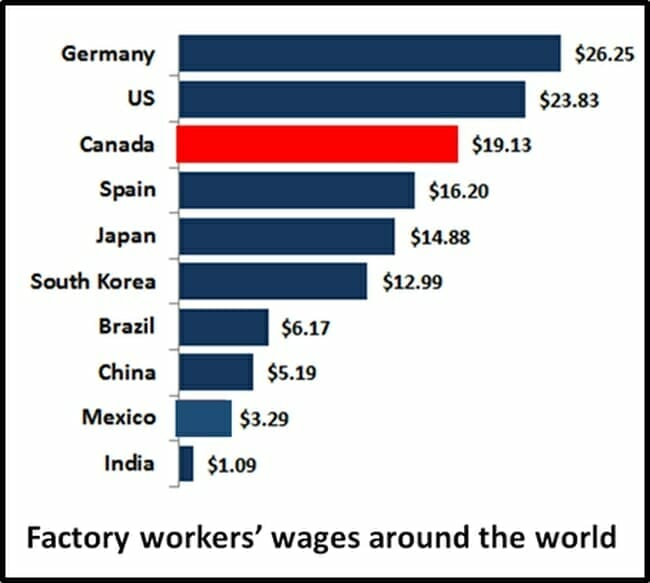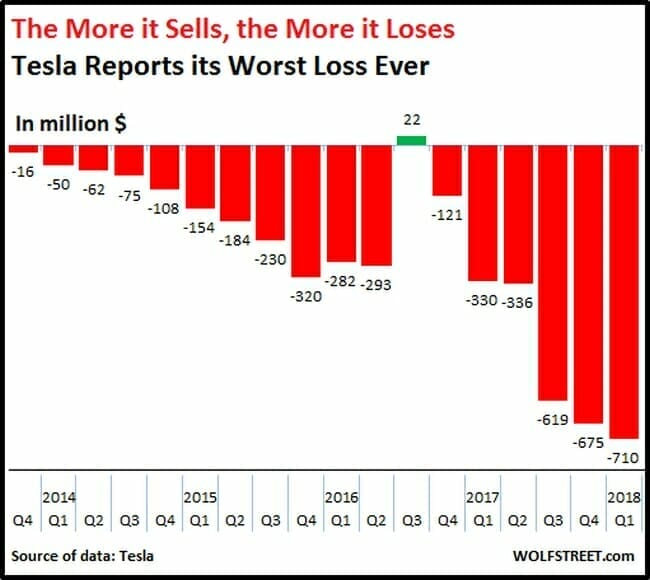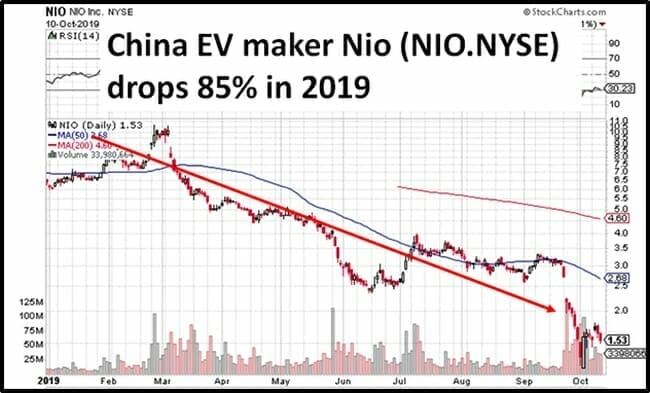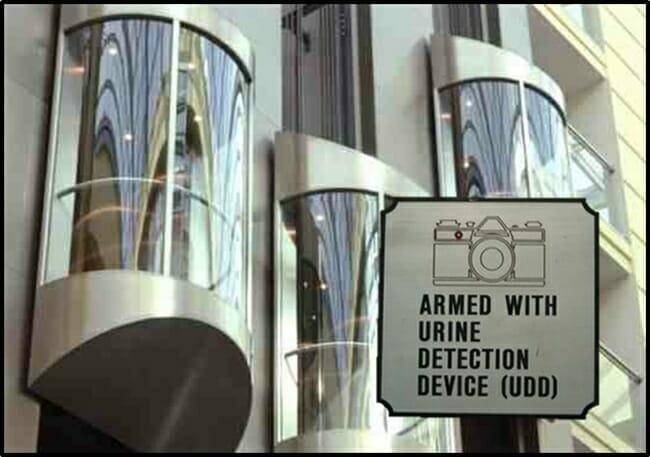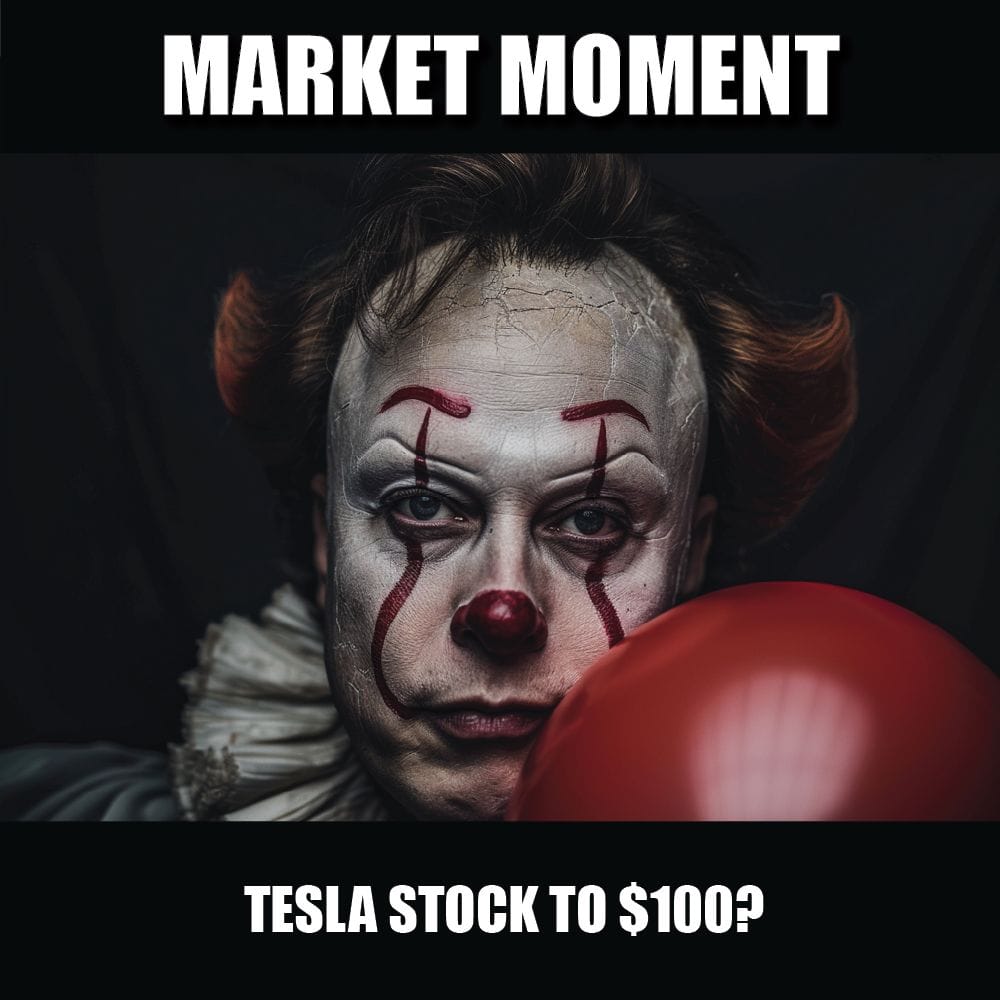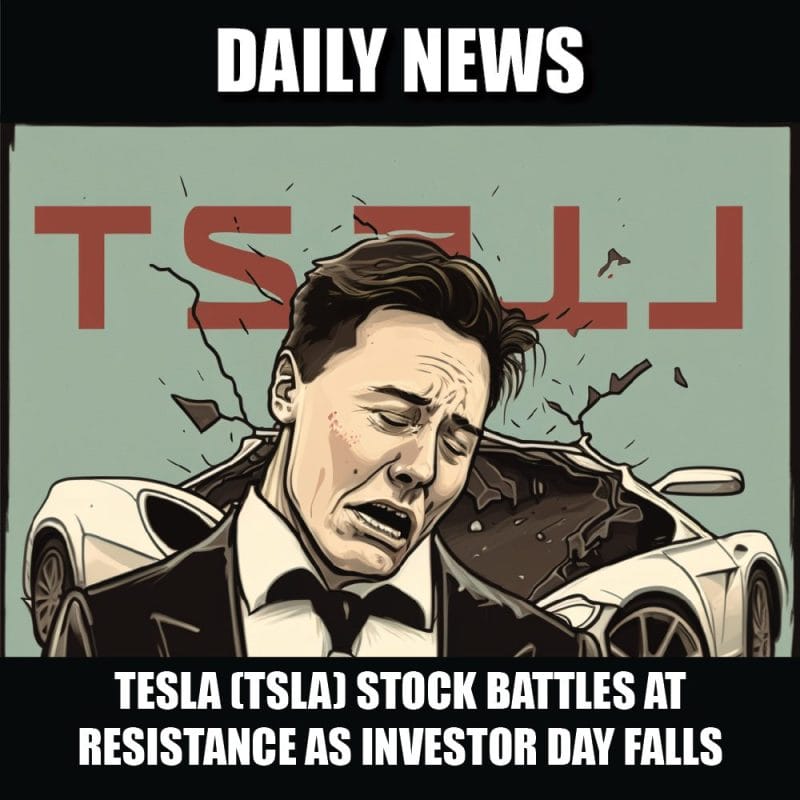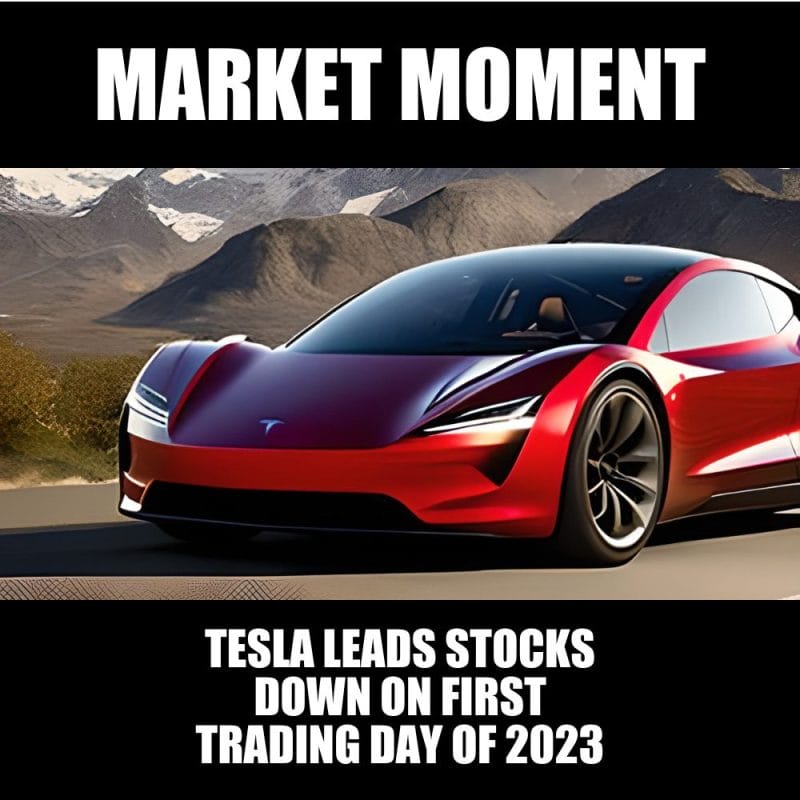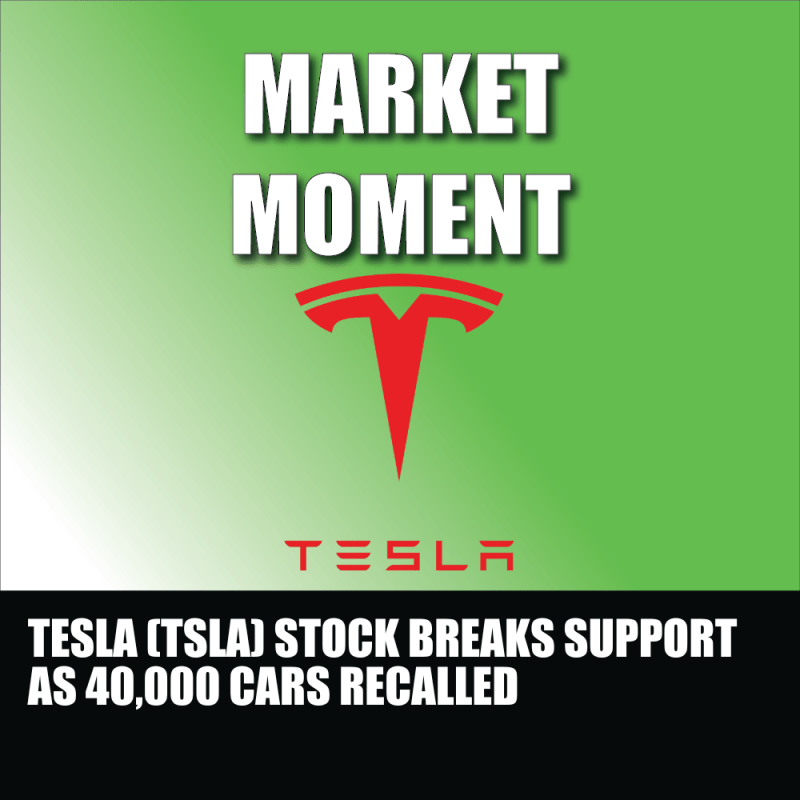It’s a general tenet of business that low labour costs increase profitability.
Who wants pay a hung-over Chicago factory-worker $25/hr – when some dude in Bangladesh can build the same gizmo for $1.40/hr?
Guaranteed, the worker on the outskirts of Dhaka will work like his life depends on it.
Because it does.
As wages rise, factories become less competitive.
That’s why manufacturing is now moving now from China to Vietnam.
James Dyson (72) studied to be an interior designer but found fame and fortune as the inventor of a beautiful and powerful vacuum cleaner, with 2018 global sales of $5.2 billion.
Two years ago, Mr. Dyson announced his intent to enter the hyper-competitive world of Electrical Vehicles (EVs) by investing $2.5 billion in a Singapore-based automobile innovation-center and factory.
In an email to his staff, Dyson revealed that had been working secretly on the EV with a team of 400 people. The plan was to launch the vehicle in 2020.
Dyson’s motivation was to help solve the current environmental crisis plaguing the earth — something he accuses traditional automakers of having done little to alleviate.
“Major auto manufacturers have circumvented and duped clean air regulations,” confirmed Dyson, “As a result, developed and developing cities are full of smog-belching cars, lorries and buses. It is a problem that others are ignoring.”
Making money in the automotive business isn’t easy.
Tesla (TSLA.Q) employs 10,000 factory workers in Fremont, California. The company sold 100,000 cars in 2018 but still managed to lose about $970 million that year.
The average annual salary in Singapore is CND $90,000, so it’s no surprise that yesterday, Dyson announced he is walking away from the EV adventure.
Dyson’s sudden decision to scrap his $2.5 billion electric-vehicle ambitions is the latest reality check creeping into the once soaring EV industry.
The famed maker of vacuum cleaners couldn’t find a way of making the project commercially viable, billionaire James Dyson said in a letter to staff Thursday. The announcement came about two years after the company first disclosed its plans to jump into car manufacturing.
To be fair, it isn’t just Dyson retreating from the EV business. The sector is facing numerous headwinds. China is scaling back subsidies for EVs. Global EV sales dropped 23% in August, 2019.
“Tesla’s future remains uncertain,” stated a Bernstein analyst in the wake of Dyson’s announcement, “Most of these start-ups will likely fold. The truth is, barriers to entry in autos remain high.”
China’s biggest EV car maker, NIO just reported a massive quarterly loss, leading the stock to tumble to a record low.
Elsewhere in China, EV makers Lifan Industry Group and Zotye Automobile Co. have issued statements denying that they’re planning to file for bankruptcy, though Lifan admitted the company is “under liquidity pressure”.
Despite the abandonment of the Singapore EV project, Dyson claimed that his car team made important innovations in “sensing technologies, vision systems, robotics and machine learning” which can be applied to vacuum cleaners.
40 years ago, the Ford Motor Company closed its factory in Singapore, ending automobile production in the City-State.
“If everybody else is building a plant in China at a fraction of the cost in terms of labor, it didn’t make a lot of sense for anybody to build that size of a manufacturing facility in Singapore,” stated Bloomberg analyst Steve Man.
Singapore does have an orderliness and discipline that might be attractive to a factory owner.
Chewing gum (except dental and nicotine gums) is officially forbidden in Singapore. 15% of adult residents have more than $1 million in disposable income. Locals walk faster than anyone else in the world (6.15 km an hour).
The government-backed Singapore Kindness Movement teaches all citizens “ethics and good manners”.
Singapore has a specific law which prohibits urinating in elevators. To enforce it, many elevators in Singapore have a Urine Detection Device which “detects the smell of kidney filtered water, and locks the doors until the police arrive”.
Personal endorsement: I keep my apartment so meticulously clean that dinner guests have verbally accused me of being a homosexual.
Maintaining high standards of cleanliness requires good machinery.
Last month, after a London-Drugs’ purchased “Dirt Devil” crapped out, I bought a new Dyson Cinetic Big Ball Animal Vacuum (“no bags-to-replace, strong suction”)
My 1-bedroom apartment was only un-vacuumed for 5 days. But the first time I used the Dyson, it extracted a disgusting ball of archival dust the size of a baby’s head.
James Dyson knows how to build vacuum cleaners.
Choosing a good location for a factory?
Not so much.
– Lukas Kane

